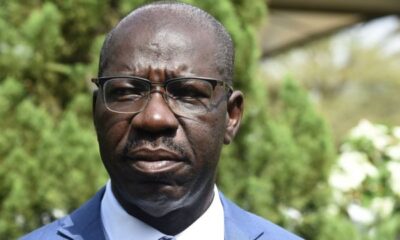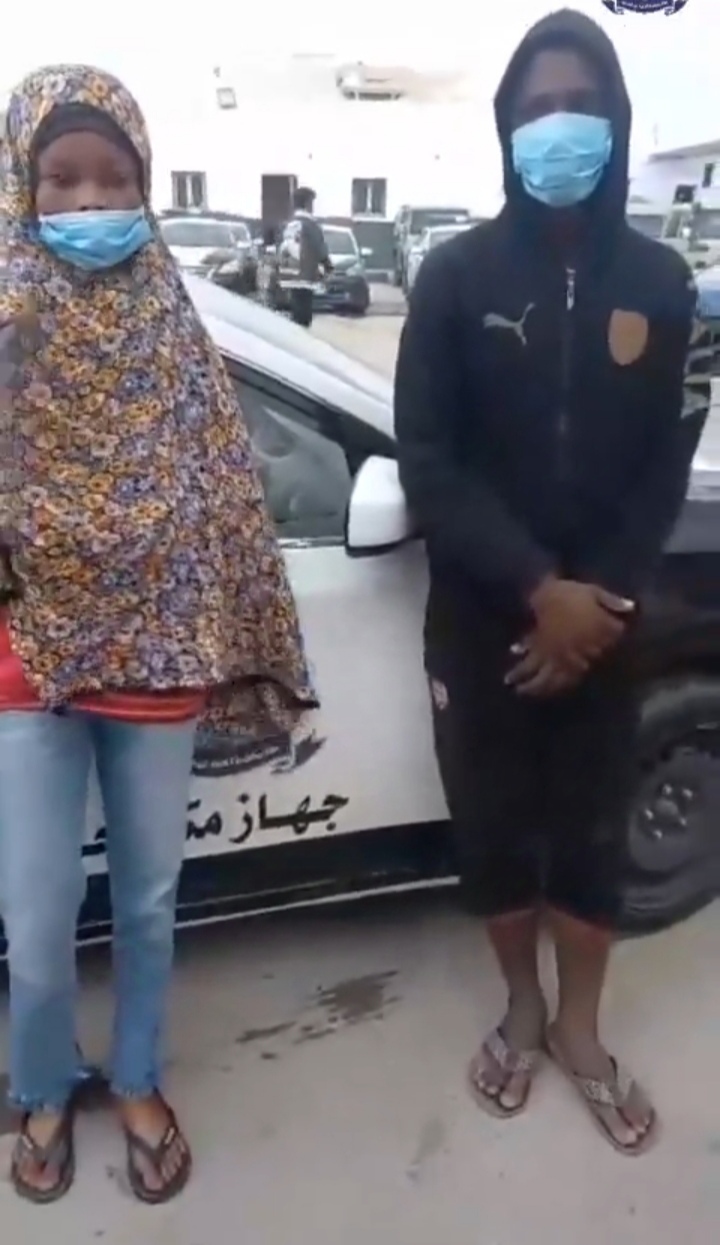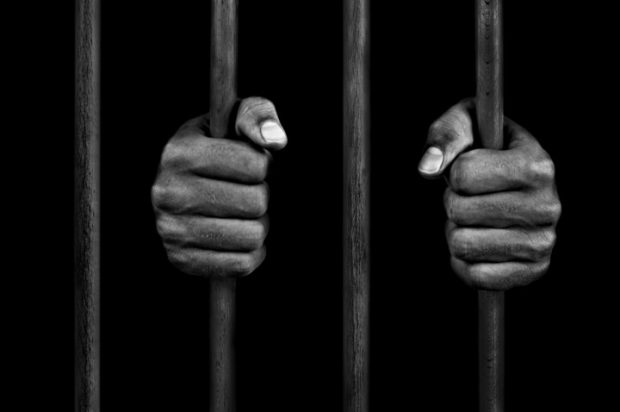The World Bank reveals a startling fact, stating that more than half of Nigeria’s population lives in poverty.
According to its latest Nigeria Development Update report, “Staying the course: Progress amid pressing challenges,” approximately 129 million Nigerians are trapped in poverty.
The Washington-based institution emphasizes the urgent need for productive jobs to combat poverty. As the World Bank aptly puts it, “Without jobs, poor Nigerians will not be able to escape poverty. Poverty is high and rising in Nigeria.”
“More than half of the population lives in poverty. This partly reflects the modest overall pace of economic growth, which is insufficient to compensate for the erosion of purchasing power brought about by inflation.
“With growth proving too slow to outpace inflation, poverty has risen sharply. Since 2018, the share of Nigerians living below the national poverty is estimated to have risen sharply from 40.1 percent to 56.0 percent.
“Combined with population growth, this means that some 129 million Nigerians are living in poverty. This stark increase partly reflects Nigeria’s beleaguered growth record. Real GDP per capita has not recovered to the level it was at prior to the oil price-induced recession in 2016.
“The COVID-19 pandemic compounded this drop in economic activity. Moreover, growth is failing to outpace inflation: large increases in prices across almost all goods have diminished purchasing power.”
The World Bank also said poverty reflects the non-inclusive structure of growth.
- ‘Employment Not Enough To Lift People Out Of Poverty’
The World Bank said the best way to share the proceeds of growth is through jobs, however, employment is not enough to lift people out of poverty.
“Even when GDP was expanding more rapidly in the early 2010s, richer households benefited more. Jobs hold the key to sharing the proceeds of growth,” the Bretton Woods institution said.
“However, employment on its own is not enough to lift people out of poverty: Nigeria needs productive jobs, but these are scarce.
“Many jobs are not productive and therefore remunerative enough to afford a life beyond poverty.
“In Nigeria, as in many countries, high employment and high poverty coexist. In-work poverty is common as many jobs do not generate earnings that are high enough to escape poverty.
“Low incomes are symptomatic of low productivity jobs. Nigeria’s labor market is changing – with employment shifting from agriculture to services – but these changes are not increasing overall productivity and living standards, because many of the new service-sector jobs are in low-productivity sub-sectors like retail and wholesale trade.
“Sustained poverty reduction depends on creating wage jobs through macro-fiscal stability, growth, and private sector development, complemented by building human capital.”
- ‘Minimum Wage Can Only Impact 4.1% Of Working-Age’
On July 18, President Bola Tinubu approved N70,000 as the new minimum wage for workers in the country.
According to the World Bank, the move which aims to improve the livelihoods of Nigeria’s workforce, faces significant limitations in its reach and impact – and has been deemed insufficient.
The institution also cautioned that increasing wages, particularly in the public sector, could place additional strain on Nigeria’s already stretched public finances.
“Initiatives that cover mostly highly-formalized wage workers – including policies on public sector jobs and minimum wage legislation – only reach a small segment of Nigeria’s poor and economically insecure population directly, as they do not have access to these types of jobs,” the report reads.
“Such policies may also be fiscally costly, given the large share of formal public sector workers.
“Focusing on excluded workers offers a clearer avenue for reducing poverty.”
Similarly, the institution said minimum wage legislation may not directly reach the poorest workers “because they do not hold wage jobs and around a third of private sector wage earners receive less than minimum wage anyway, demonstrating that enforcement is imperfect”.
The lender said raising minimum wages and public sector pay could also be fiscally costly.
Also, the World Bank urged Nigeria to invest in human capital and infrastructure, eliminate export trade barriers, support access to output markets and manage external migration, including by helping young emigrants reach destination countries that need their skills.

 BIG STORY3 days ago
BIG STORY3 days ago
 BIG STORY1 day ago
BIG STORY1 day ago
 BIG STORY4 days ago
BIG STORY4 days ago
 BIG STORY1 day ago
BIG STORY1 day ago
 BIG STORY3 days ago
BIG STORY3 days ago
 BIG STORY1 day ago
BIG STORY1 day ago
 BIG STORY3 days ago
BIG STORY3 days ago
 BIG STORY1 day ago
BIG STORY1 day ago
























